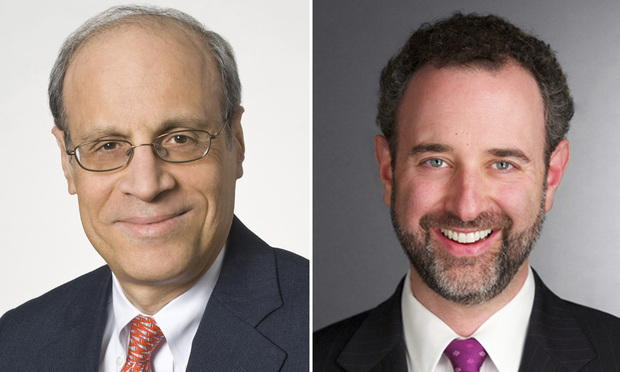In the past two months, the U.S. Supreme Court decided two significant patent cases, one rejecting a good-faith belief in the invalidity of a patent as a defense to induced infringement, and the other reaffirming a longstanding but widely discredited rule against post-patent-expiration royalties. We also report on recent Second and Ninth Circuit decisions rejecting copyright claims by actors and directors in motion pictures, and on a Ninth Circuit case confirming the availability of fee-shifting provisions in license agreements even where the Copyright Act itself would not afford fee-shifting.
Patent: Good-Faith Belief
The direct acts of patent infringement include making, using, selling, offering for sale, or importing a patented invention. The Patent Act also provides for aiding-and-abetting liability known as induced infringement: “Whoever actively induces infringement of a patent shall be liable as an infringer.”



